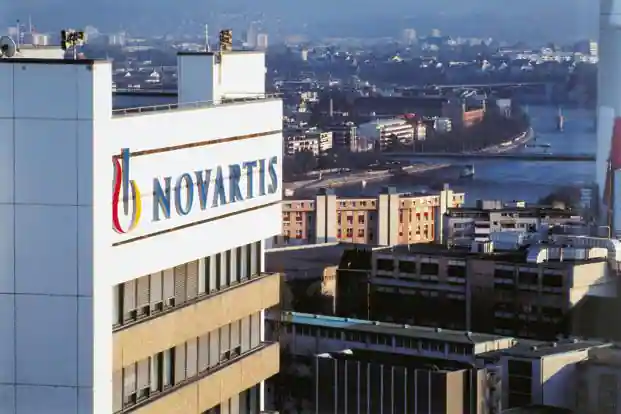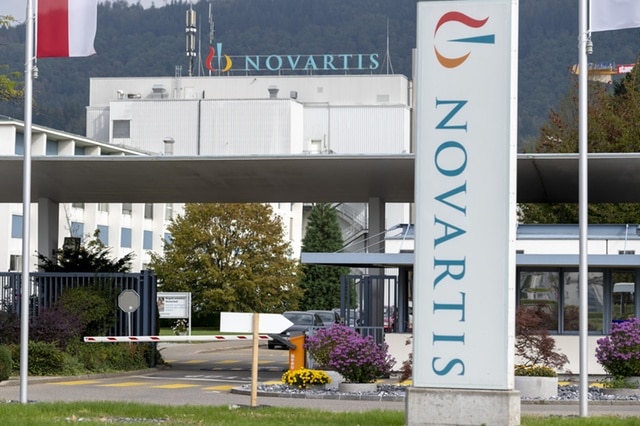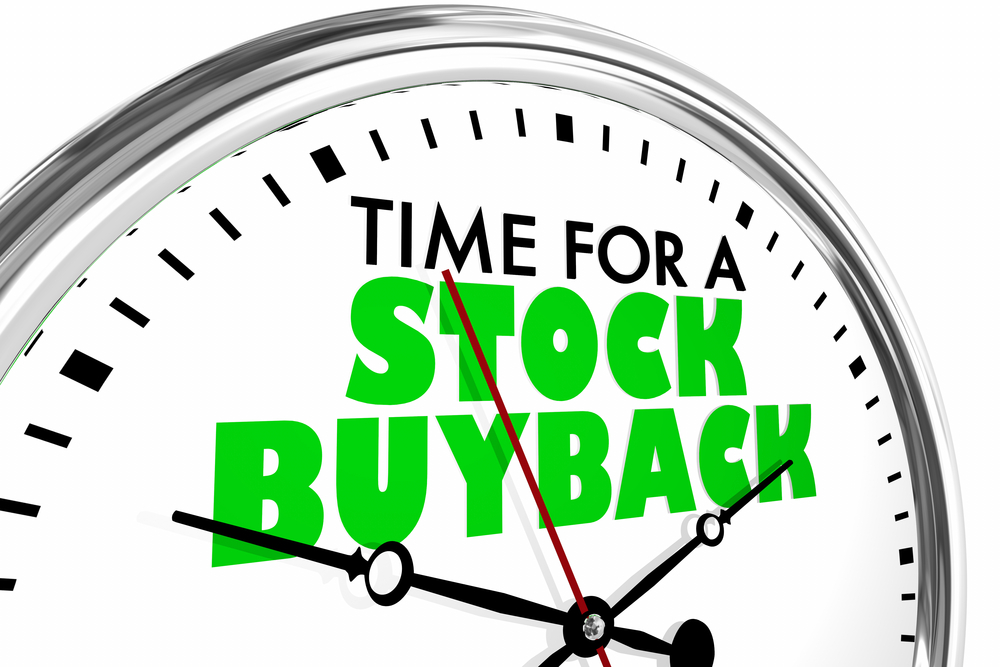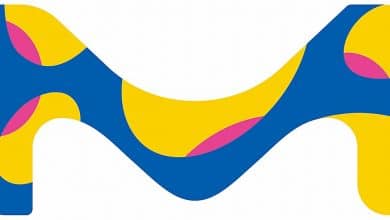
A maxi-share buyback program for Novartis starts
 Share buybacks continue at Novartis: a maxi-capital reduction program of 10 billion francs over three years will start tomorrow, an operation that received the go-ahead from last week's general meeting.
Share buybacks continue at Novartis: a maxi-capital reduction program of 10 billion francs over three years will start tomorrow, an operation that received the go-ahead from last week's general meeting.
According to today's communications from the Rhine pharmaceutical giant, the new program practically follows without interruption the previous one, also three years long, which concluded with the purchase of a total of 214 million registered shares for approximately 17.5 billion francs, equal to approximately 8.9% of the share capital and voting rights. Upon approval of the shareholders these securities have been destroyed, or will be in the future.
Subsequent buybacks will be made at the discretion of the board of directors and will take place on a separate trading line on the Swiss exchange. However, the share price will move in line with that of the ordinary exchange line.
The buyback is beneficial
As known, the buyback of treasury shares is advantageous for shareholders, because by decreasing the number of outstanding shares, the value of the single remaining share increases, also increasing an important parameter such as earnings per share.
From a general point of view, the operation - seen in a positive way - testifies to the fact that the company has a lot of liquidity, while those who want to look at it negatively may think that the management sees no opportunity to invest the money in the development of the business. Considerations are also very important
of a fiscal nature.
 In addition to approving the buyback, Novartis shareholders last week gave the green light to the 26th consecutive increase in the dividend, which for the 2022 financial year was set at 3.20 francs, compared to 3.10 francs for the year Before.
In addition to approving the buyback, Novartis shareholders last week gave the green light to the 26th consecutive increase in the dividend, which for the 2022 financial year was set at 3.20 francs, compared to 3.10 francs for the year Before.
The Basel giant – a reality that supplies medicines to almost 800 million people worldwide and employs 106,000 people – closed 2022 with a turnover of 50.5 billion dollars (the currency in which the ) and a net profit of 13.4 billion.
Related News: Novartis. Financial Results
Swiss. Novartis separates from Sandoz
Editor's note:
Why is the Buyback done?
A company may decide to carry out a Buyback for various reasons, such as:
- support the share price on the Stock Exchange in cases of non-performing shares: a greater demand for the share generated by the purchase of treasury shares corresponds to an increase in the price of the shares;
- send the market a signal of confidence: the Buyback implies an implicit appreciation by the company itself of the worthiness of the investment in the stock;
- to source on the market, under plans stock option, the shares which can then be granted to group managers, upon the achievement of certain economic-financial objectives, following the exercise of the respective option rights;
- to invest excess earnings where there are no better investment opportunities;
- to acquire a reserve of company shares that can be used for acquisitions and/or share swaps with other companies;
- to create (distribute) value to shareholders, who will see the value of their stake increase following the reduction in the number of outstanding shares.
The note does not refer specifically to Novartis, but is a general consideration
 Vas Narasimhan
Vas Narasimhan
Novartis CEO Narasimhan received 8.4 million Swiss francs ($ 8.98 million) in 2022, a decrease of 25% from the 11.2 million Swiss francs ($ 12.18 million) he received (PDF) last year. In both cases, Narasimhan's compensation has been heavily weighted towards long-term goals related to sales, operating income, innovation and shareholder returns.
Looking at the numbers, Narasimhan's base salary represented about $1.9 million of his latest pay package, Novartis said in its annual report (PDF). The CEO took home an additional $2.8 million in cash and stock awards for Novartis' performance in 2022 alone, which the company described as "robust."
Narasimhan also raised nearly $ 750,000 in retirement benefits and "other compensation".
Finally, Narasimhan received approximately $3.5 million for helping Novartis achieve its long-term goals. While that sum is no small feat, it is considerably less than the $ 9 million it scored in the same category for 2021.
For the period between 2020 and 2022, Novartis fell short of its goals for net sales growth and shareholder returns, the company said.
The yield plunge was "heavily influenced" by last year's stock price woes, which were even worse when taking into account the broader period from 2020 to 2022, Novartis said in its annual report. The company weathered a COVID-19-fueled sales slump in 2020 and 2021 and faced safety concerns around eye medication Beovu.
Source: Fierce Pharma





